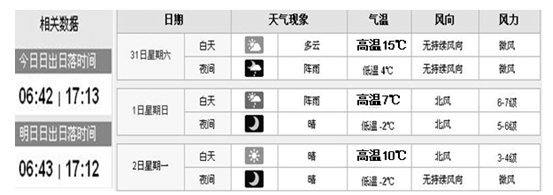Who can spot the risks
The grand circle that regulators have to square is this: how to establish a framework of regulation that accommodates the characteristics of the traditional specialised banking system and mark it off from other businesses. With the sort of diversified financial services that are actually evolving, the era of strictly compartmentalised financial institutions is passing, leaving the regulatory system designed to match it looking increasingly out of date.
A single omnipotent, omniscient regulator for all financial services remains dream. Many say it will stay that way, pointing out how long it took to get agreement just on rudimentary international rules for the capital adequacy of banks. Yet regulators everywhere acknowledge the need to cooperate more closely with their opposite numbers across industrial and geographical boundaries. They also agree that greater harmonisation of regulatory standards on everything from reporting requirements to risk assessment will come surely, if slowly.
Much of that is likely to be mere tidying up. A good place to start in America would be scrapping the separate regulation of thrifts, If they have been there is little reason not to regulate them as banks (and especially given the mess thrift regulators have made of the job) . It is what Japan has sensibly done by making its equivalent of thrifts, so go banks, choose to be either credit unions or to become commercial banks. Britain, too, has let those of its building societies with ambitions to be banks, and to be regulated as such.
These are moves in another right direction to switch away from regulation by institution, as mostly happens now, to regulation by function. This means that regulation becomes a matter of supervising what is done rather than who does it.
Unsystematic deregulation has brought the system to its present ugly pass. This has left an increasing number of competitive anomalies. Much of the pressure for, and resistance to, further change comes from those institutions that wish to alleviate or entrench their market disadvantage. In both America and Japan, the debates about reforming the domestic financial systems, and in particular about updating Glass - Steagall and Article 65 respectively, have been slowed by political horse - trading. This is making worse a situation in which competition is keeping the prices of many financial services artificially low and capacity artificially great in a way that cannot be sustained for long. Systemic risk gets greater, not less, the longer the system is skewed.
The point is long past at which regulators might have been able to force market practices back into the old regulatory framework. The global competitive and technological forces against them are too powerful. Neither is the option of turning back the clock through re - regulation feasible, and few regulators show signs either of wanting to undertake such a course, or of having the stomach for the political fight it would entail. Even in Japan, where regulators hold a sway over their industries that their counterparts in Europe and America can only envy, and where the financial system is being emerging new economy. This is being done with the grain of market forces, not against it. |
Which "circle" do "the regulators have to square" according to paragraph 1
A.To create a regulatory system that controls banks tightly enough.
B.To create a regulatory system that treats banks exactly like other financial institutions.
C.To create a regulatory system which limits financial innovations.
D.To create a regulatory system which provides a special position for banks.



